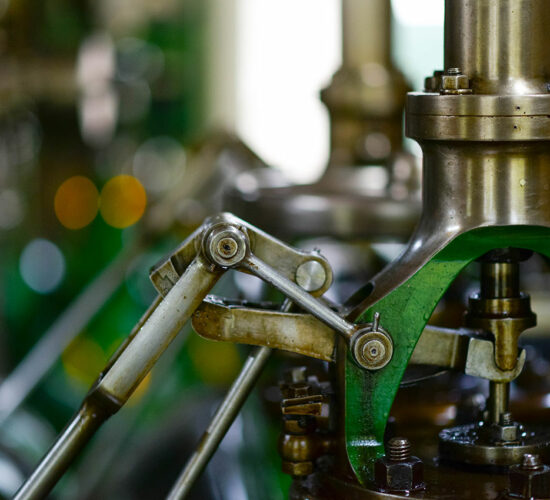| Term |
Unit of Work |
Assessment |
| Autumn 1 |
Theory: Engineering Materials Theory (Students will learn about engineering materials; Metals, Polymers, composites and ceramics, manufacturing processes, and the advantages and disadvantages these technologies bring to society).
Practical: Basic Engineering Practice – Screwdriver. |
Theory is assessed at the end of each half term with a test. Production of Screwdriver form a working drawing – Students will be assessed on accuracy,
quality of finish and engineering manufacturing skills. |
| Autumn 2 |
Theory: Engineering Materials cont. (Permanent and non-permanent methods of joining materials, protection of metals, working drawings and orthographic projection).
Practical: Engineering practice. |
Theory is assessed at the end of each half term with a test. Students will be assessed on accuracy, quality of finish and engineering manufacturing skills; quality of forging and screw thread cutting. |
| Spring 1 |
Theory: Engineering Mathematics Theory (students will learn about Engineering mathematics, concentrating on: Newtons Laws, Young’s Modulus, Resistors in series and calculating areas and volumes).
Practical: Engineering Practice – Manufacturing processes 1. |
Theory is assessed at the end of each half term with a test. Casting Project: Through the use of practical engineering activities students will learn about polymer, metal and composite mass manufacturing processes, including, sand casting, and die casting. |
| Spring 2 |
Theory: Engineering Systems Theory (systems technology, Ohm’s Law, resistors in parallel, flowcharts, input and output devices, cams, pulleys and gears and ratios).
Practical: Engineering Practice – Manufacturing processes 2. |
Theory is assessed at the end of each half term with a test. Maze Game: Through the use of practical engineering activities students will learn about polymer mass manufacturing processes, including, vacuum forming and the layup process. |
| Summer 1 |
Theory: Engineering Coursework NEA (Preparation for NEA – what is the NEA? How many marks is it worth? 40%
Exemplar material – Preparation of powerpoint, scatterchart of ideas.
Practical: Engineering Practice – manufacturing processes. |
Completion and evaluation of all practical assignments, Theory test on subject matter taught directly through the practical element. |
| Summer 2 |
NEA start up, Research, Need, situation, brief and analysis of brief, initial design ideas. |
Students will be given their Non-Examined Assessment (NEA) paper as set by the examination board. |
